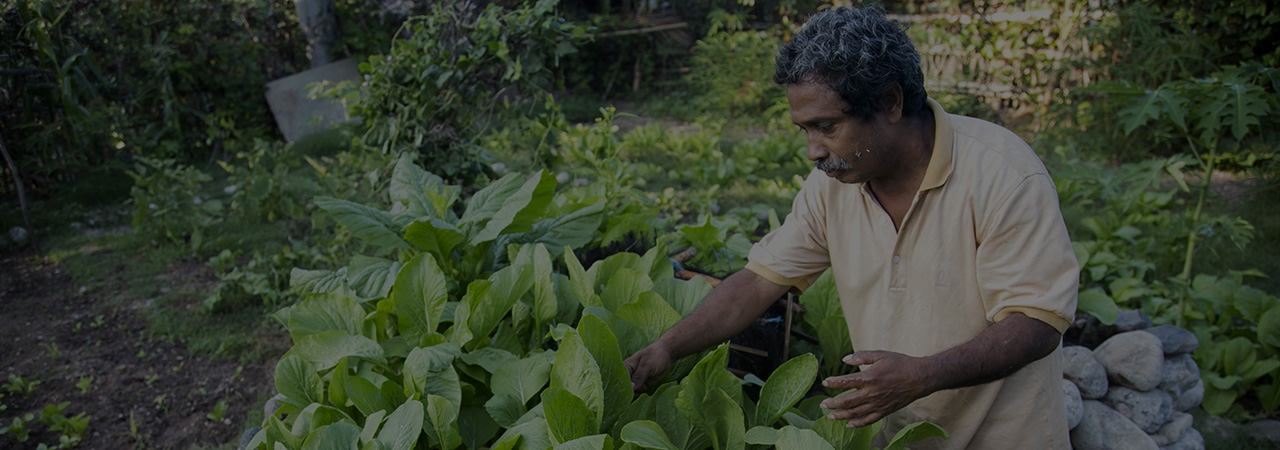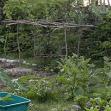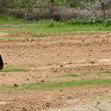

Media CenterAgriculture: New Models for Seeds
For media inquiries, contact Tom Price.
Background
Most of the food consumed worldwide comes from smallholder farmers, often on very small plots of land. With quality seeds to grow their crops these farmers can dramatically improve their crops' resilience and nutrition for their families.
But the quality seeds that can boost resilience and nutrition are not reaching smallholder farmers. The supply chain is not working for them. Seeds are big business.
What Our Seed Survey Told Us
Catholic Relief Services' Seed Survey of January 2016 showed that small, family farmers in Africa obtain only 2% of their seed, mostly maize, from formal sector (commercial/agro-dealer) sources—that are consistently funded with development and humanitarian funds. So formal sector strategies need to be developed a) to expand crops on sale and b) to actually reach areas where smallholders sow.
Smallholders regularly do purchase seed -- over half of their seeds every year come from local markets and other informal sources. These virtually neglected outlets present a major opportunity for improving access to better crop varieties that are crucial to dealing with climate, nutrition, and other production challenges in a region where food security remains a major concern
Legumes (e.g. beans) are usually the key protein for farmers. They are often referred to as "The Meat of the countryside" or "the ingredient that makes the bold grow stronger."
We need seed (supply) systems that support climate-smart agriculture and nutrition. Systems that can deliver a real range of crops and varieties that are adapted to climate stress and that allow farmers to strategize to maximize gains in normal times and periods of severe weather (e.g. drought).
We need seed systems that reaches the last mile: Get seeds to farmers in southern Malawi, eastern DR Congo, Chad…the places that seed companies rarely reach. These farmers need quality seeds at an affordable price.
If we go the last mile with quality seeds we can dramatically improve crop resilience and nutrition for smallholder farming families.
CRS’ Role
Catholic Relief Services (CRS) is a leader in the field of agriculture and livelihoods in the developing world. We help millions of smallholder farmers worldwide recover from natural disasters and civil strife, build resilient farming systems, and grow them into agro-enterprises that engage successfully with markets. Our Pathway to Prosperity approach helps farmers build sustainable livelihoods through a phase-by-phase process. We currently have 116 agriculture projects in 38 countries.
New Models For Legume Seed Business, March 1, 2, Washington DC
The New Models Conference brings together seed companies, agriculture experts, university and public sector researchers, farmer cooperatives, donors and government agencies to identify ways to get legume seeds to small holder famers. If we "go the last mile" with quality seeds we can dramatically improve crop resilience and nutrition for smallholder farmers.
Substantial investments have been made to develop high performing varieties of legumes in recent decades. Yet less than 1% of legume seed comes from the formal sector and farmer adoption of, and access to, new varieties have lagged. Without repeating the usual excuses—that farmers save and recycle seed—new business models are needed (that is, non-maize focused models). Also, key bottlenecks need to be examined more closely (e.g., seed quality issues which skyrocket production costs).
This conference is meant to be provocative and stimulate thinking on business models that deliver legume seed. Who is our client? Think about especially the smallholder farmer in remote regions with modest purchasing power. Think about how we can reach farmers “at the last mile.”
Resources
Social media hashtag for the New Models conference is #nm4seeds.
SeedSystem.org provides practical (‘how-to’) guidance and strategic thinking to help professionals design seed-related assistance.
For media inquiries, contact Tom Price.



